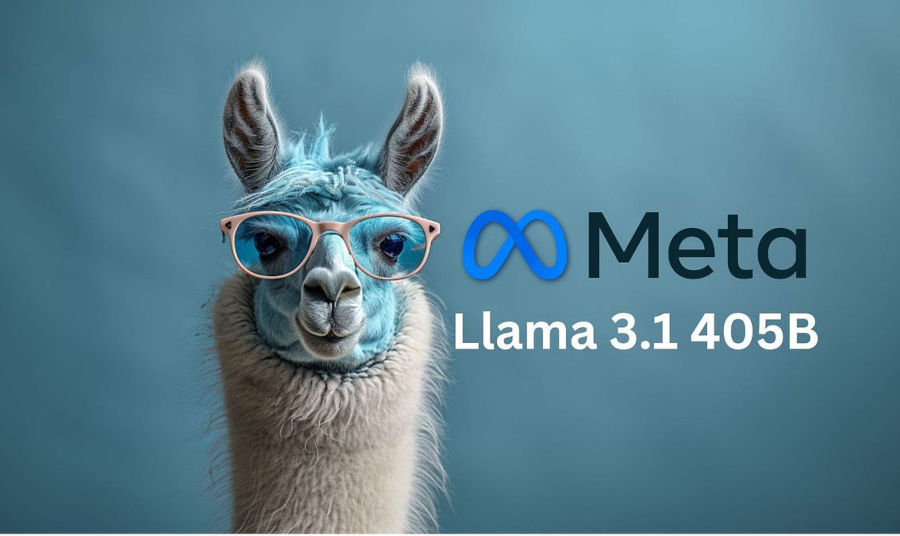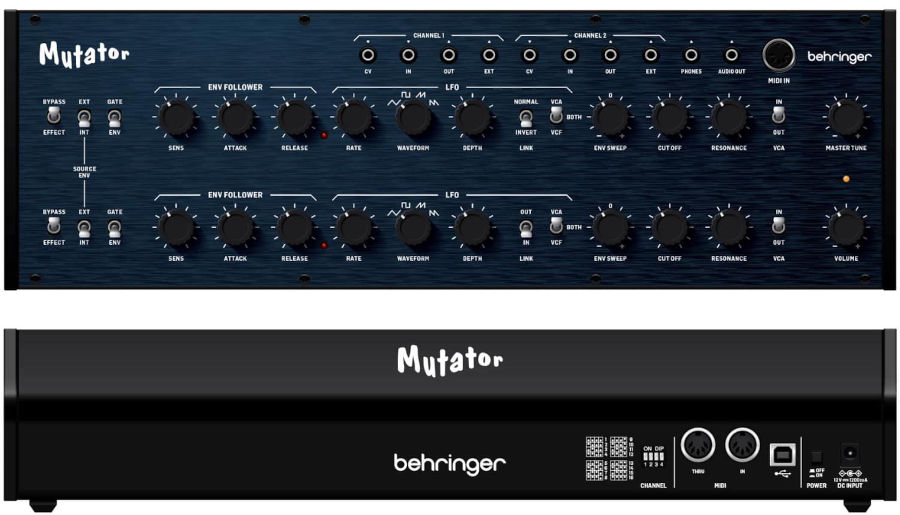
AI Models Evolve to Create Smaller Systems Independently
Pioneering Research Reveals Breakthrough in Autonomous Generation of Compact AI Applications
NEWS AI December 19, 2023 Reading time: 2 Minute(s)
Artificial intelligence (AI) has taken a groundbreaking leap forward as researchers announce a significant milestone: larger AI models are now capable of autonomously creating smaller, specialized AI systems without human intervention. Published on Friday, the research, a collaborative effort between Aizip Inc. and scientists from the Massachusetts Institute of Technology (MIT) along with several University of California campuses, marks a historic achievement in the realm of AI development.
The collaborative effort demonstrates that expansive AI models, akin to those powering ChatGPT, can be harnessed to craft more compact AI applications tailored for specific use cases in everyday life. Applications range from enhancing hearing aids and monitoring oil pipelines to tracking endangered species, showcasing the versatility of these smaller, specialized models.
Yan Sun, CEO of Aizip, compared the relationship between larger and smaller AI models to that of siblings, stating:
"Right now, we’re using bigger models to build the smaller models, like a bigger brother helping its smaller brother to improve. That’s the first step towards a bigger job of self-evolving AI."
This breakthrough demonstrates the initial stages of a transformative process wherein AI models are not just employed for specific tasks but actively involved in the creation of new AI systems. Yubei Chen, a key researcher in the project, emphasized the significance of this achievement by stating "This is the first step in the path to show that AI models can build AI models". The research exemplifies the concept of self-evolving AI, a phenomenon where AI systems contribute to their own advancement and development.
In a live demonstration, Sun and Chen showcased a remarkable application—an AI-powered human activity tracker housed in a chip smaller than a dime. This device, utilizing tiny machine learning, exemplifies the potential for small AI systems that can seamlessly integrate into compact devices or confined spaces. Sun highlighted the importance of such capabilities, stating "Tiny machine learning is crucial for pervasive AI, the notion that nearly any object could become intelligent."
Chen drew a parallel between large AI models like ChatGPT, residing in the cloud, and the newly developed small models:
"If we think about ChatGPT and tiny machine learning, they are on the two extremes of the spectrum of intelligence. The large models ... reside in the cloud. On the other hand, we are building the smallest models. They reside in things."
The implications of this research are far-reaching, envisioning a future where everyday appliances, from coffee machines to TVs, could incorporate artificial intelligence seamlessly. The study not only expands our understanding of AI but also propels us toward a future where intelligent systems actively contribute to their own evolution, laying the foundation for a new era of autonomous AI development.
COVER IMAGE BY FREEPIK
Artificial Intelligence AI Machine Learning Tiny Machine Learning Self-evolving AI Aizip Inc. MIT Research University of California Technology News RSMax
*Our pages may contain affiliate links. If you buy something via one of our affiliate links, Review Space may earn a commission. Thanks for your support!
CATEGORIES

























COMMENTS